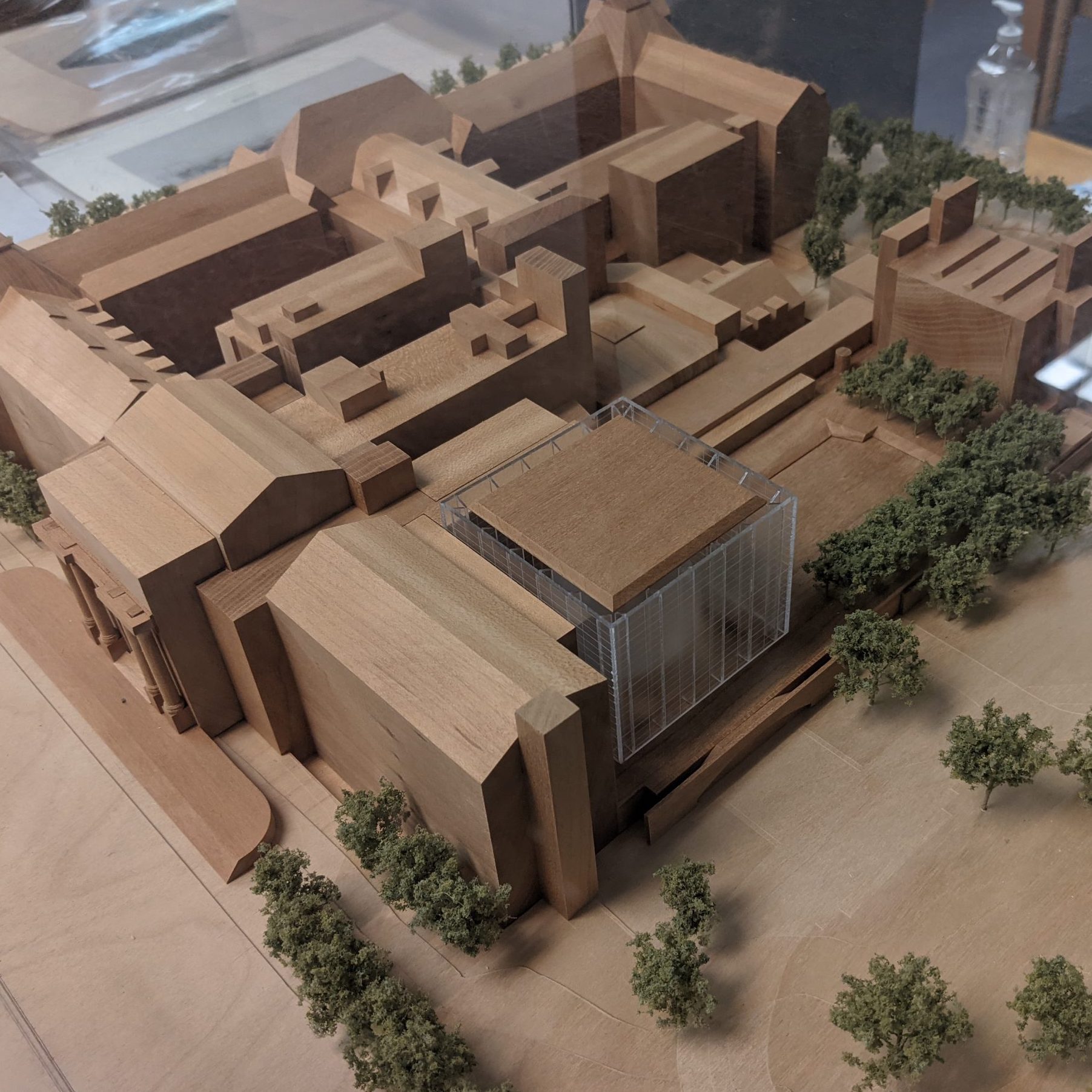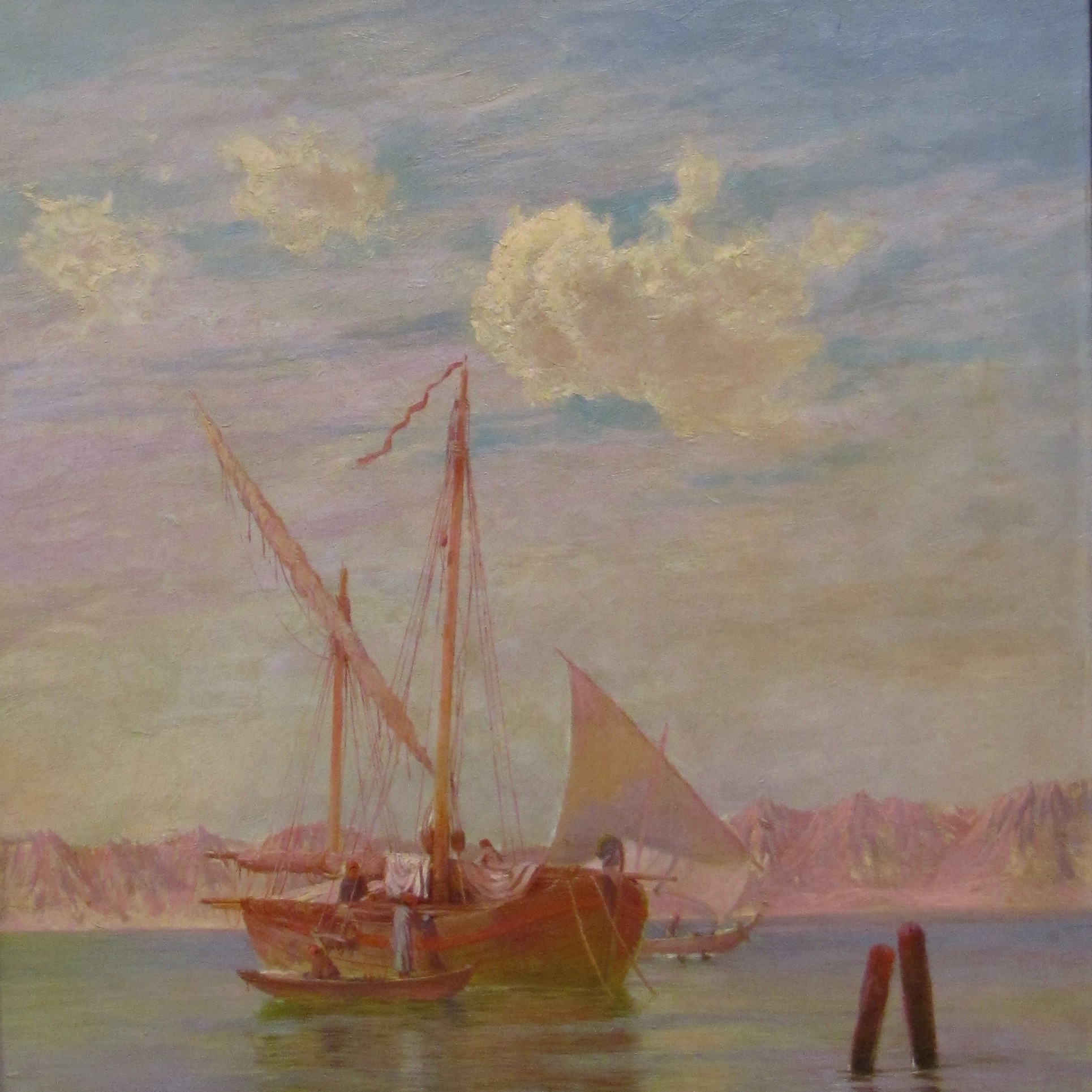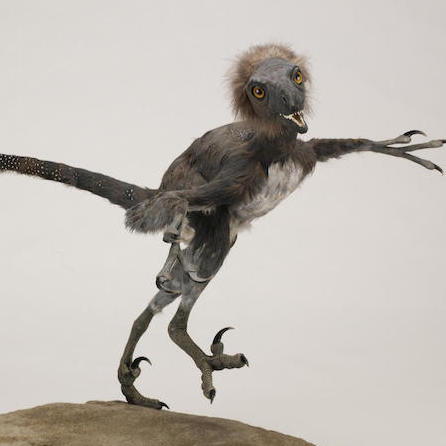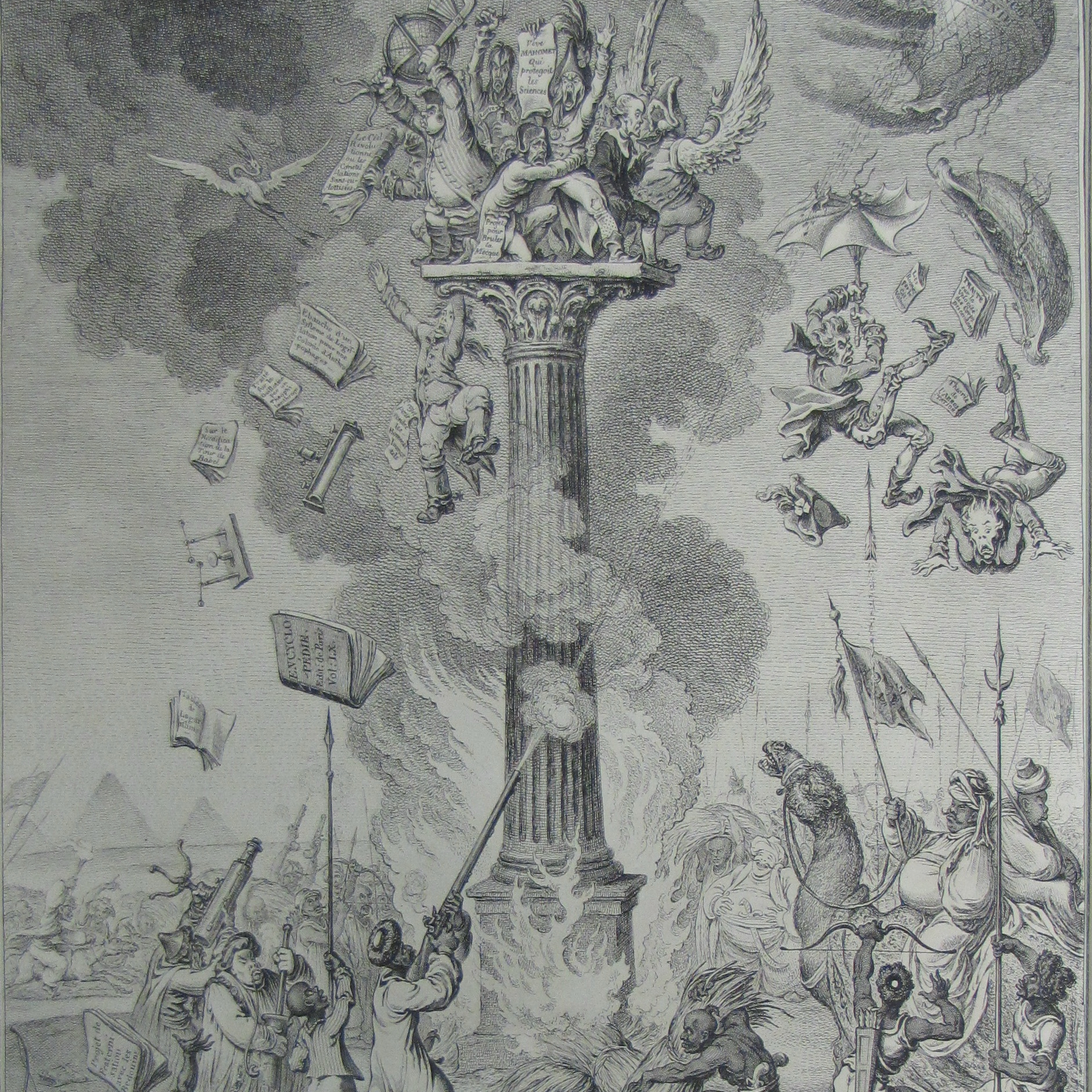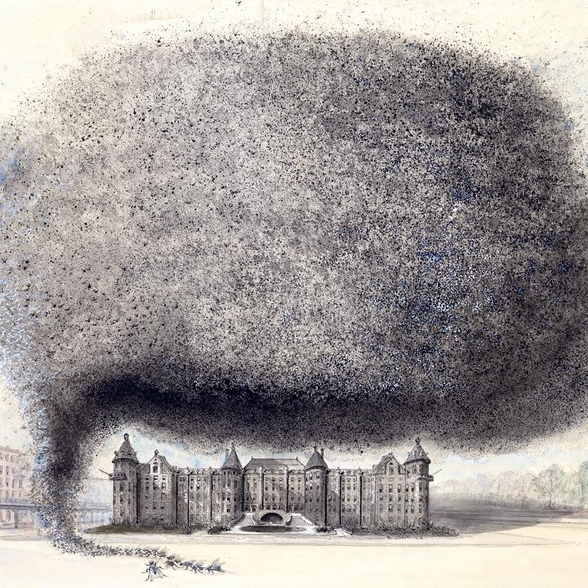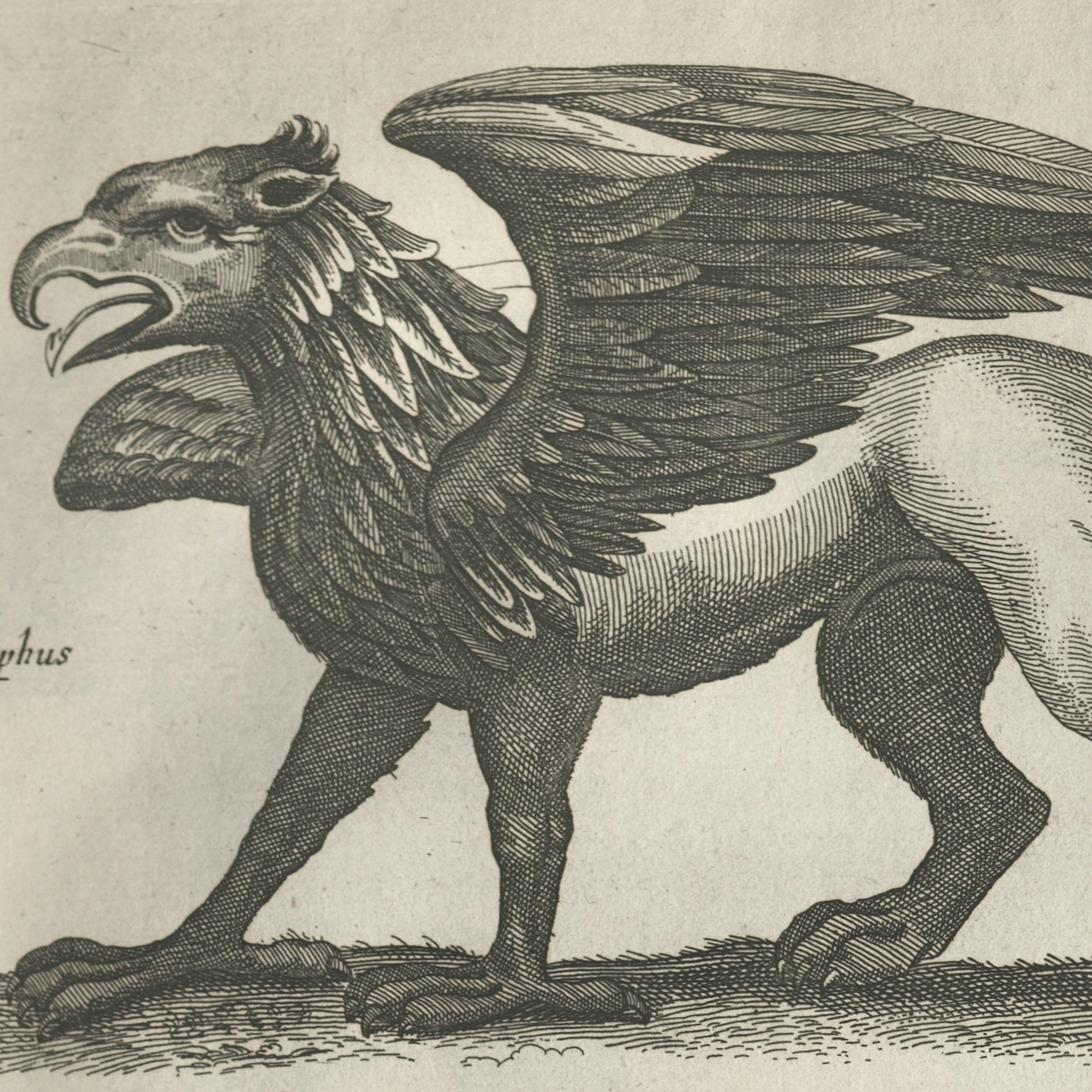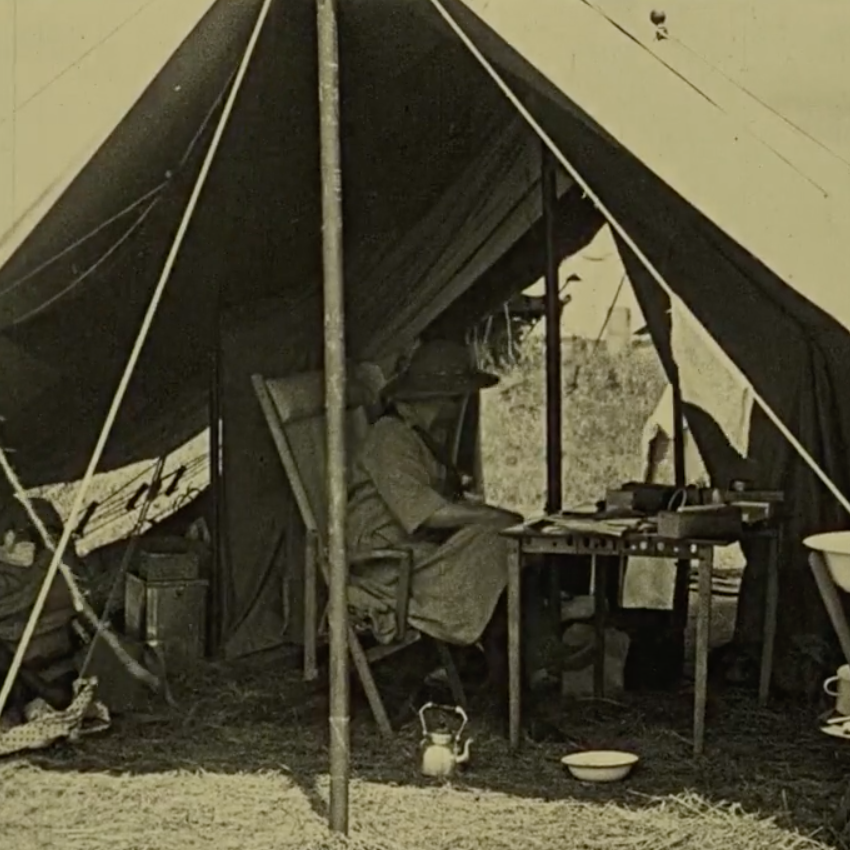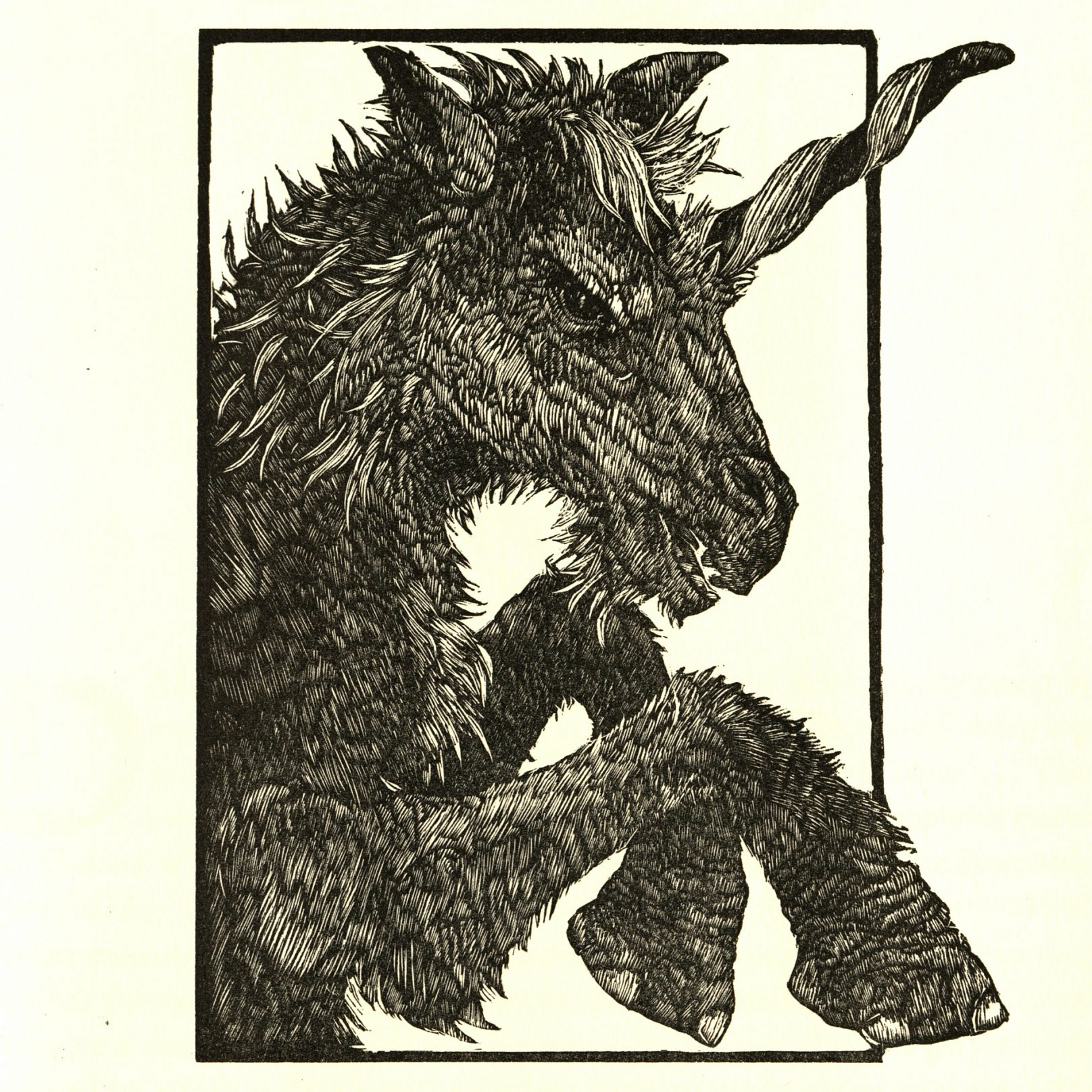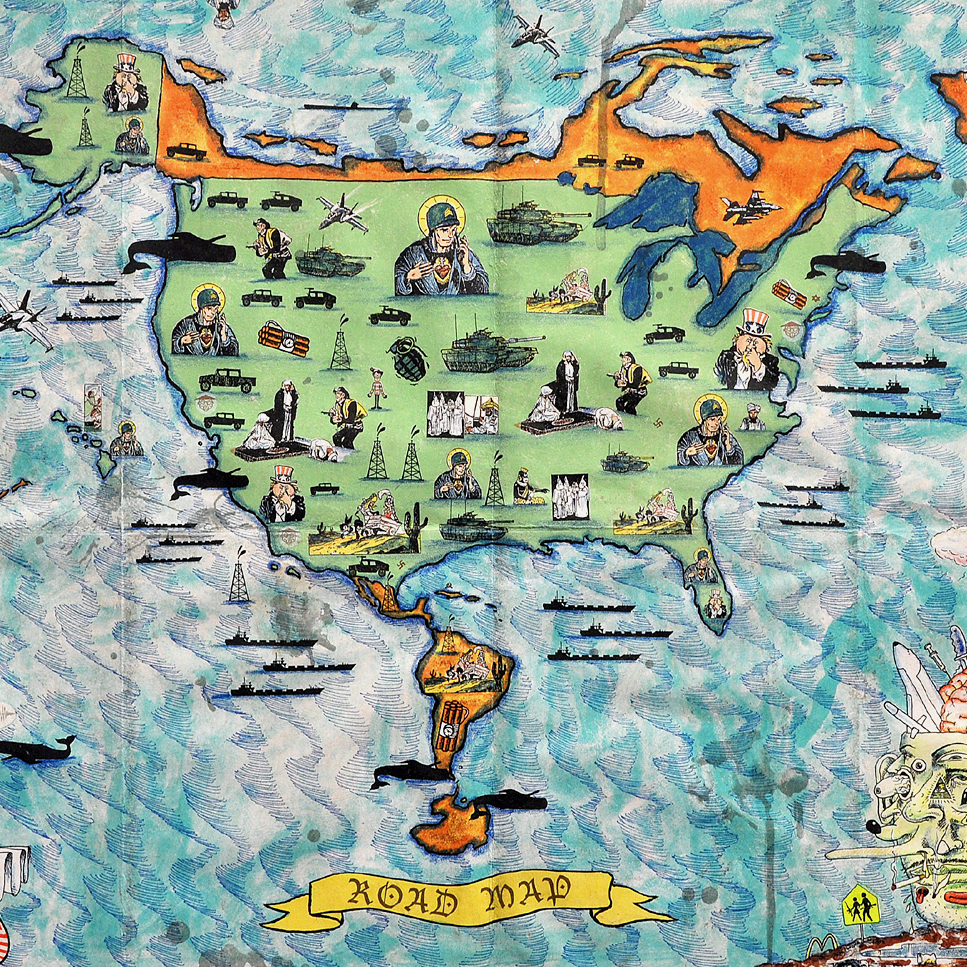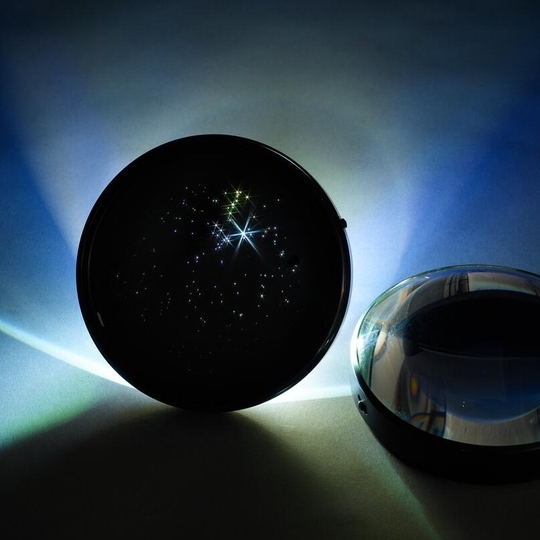Andrews Whaling Expedition to Korea of the American Museum of Natural History (1911-1912)
Writer, explorer, and later Director of the American Museum of Natural History Roy Chapman Andrews (1884–1960) arrived in Korea at a turning point in the country’s history. Imperial Japan began occupying the country in 1910, a year before Andrews’s filming, and forced technological and social modernizations on Korea. This entailed the destruction of Korean historical documents and cultural symbols, the banning of the Korean language at schools, and a new emphasis on manual labor, among other reforms. As newly colonized subjects, Koreans were pressured to reject or hide the social, cultural, and historical contexts that allowed them to know themselves as a people at the time that Andrews arrived in the country.
Andrews’s intention in traveling to Korea and the Far East in 1910 was to investigate an aquatic mammal known as the Japanese “Devil-fish,” which he surmised (and later confirmed) was the putatively extinct California Gray Whale. His film, shown above, demonstrates Andrews’s broader anthropological curiosity about the Korean people during his travels. The film bears witness to the people, fashion, and social norms in Seoul and captures scenes of commercial life that would have been easy reference points for an American audience. As the title cards make clear, however, his anthropological lens is that of the colonizer. He deplores the dirtiness and inefficiency of Korea’s native culture and praises the cleanliness and productivity that modern reforms are bringing to the culture. His film asks us to consider not only the way that anthropology transmits knowledge of foreign people and places to domestic audiences but also how the process of translating cultures carries with it the biases of the documentarian within the film’s seemingly objective view.
Written by Daniel Pfeiffer
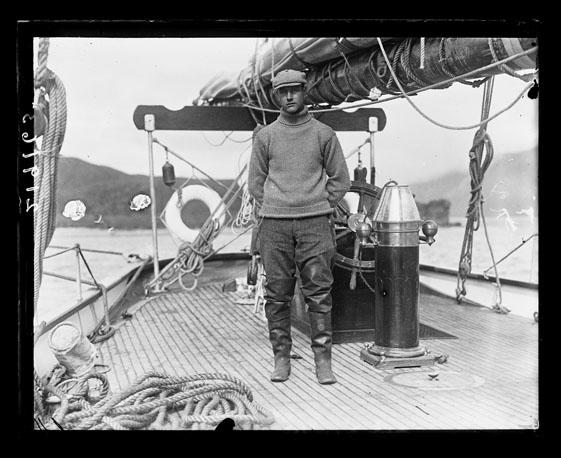
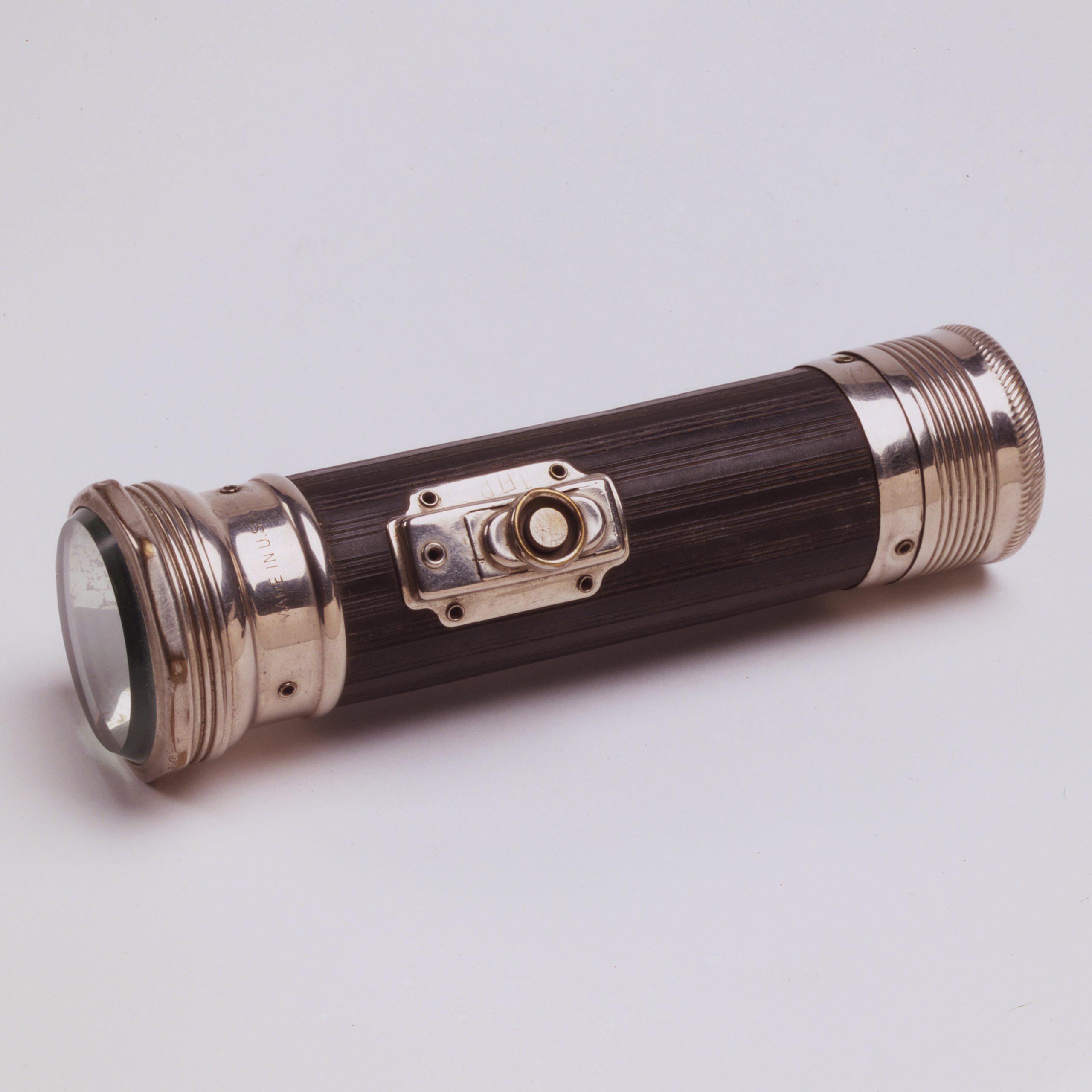
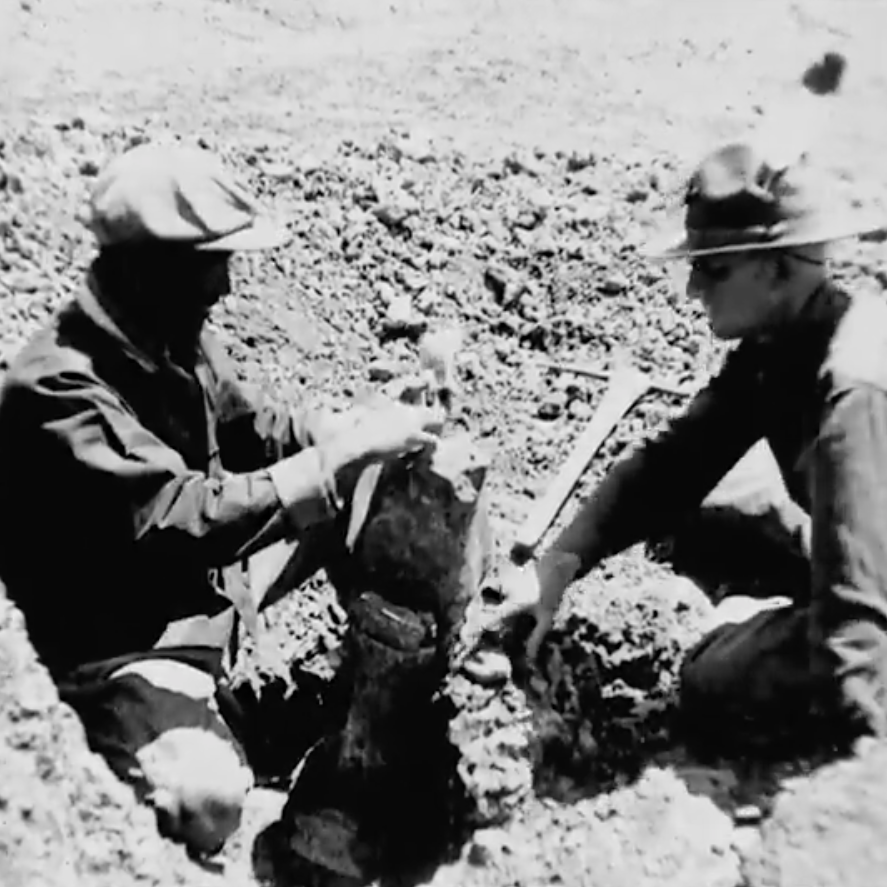
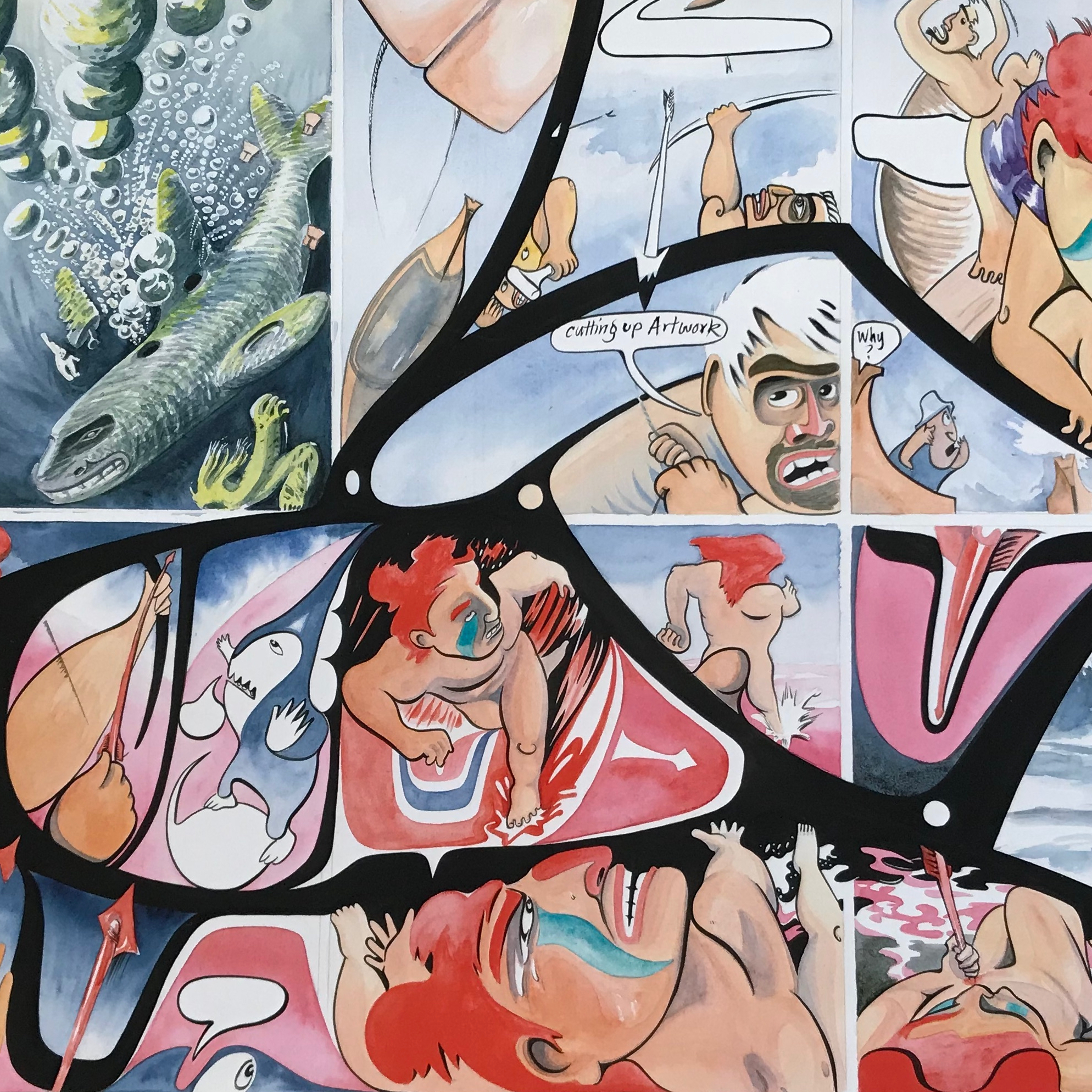
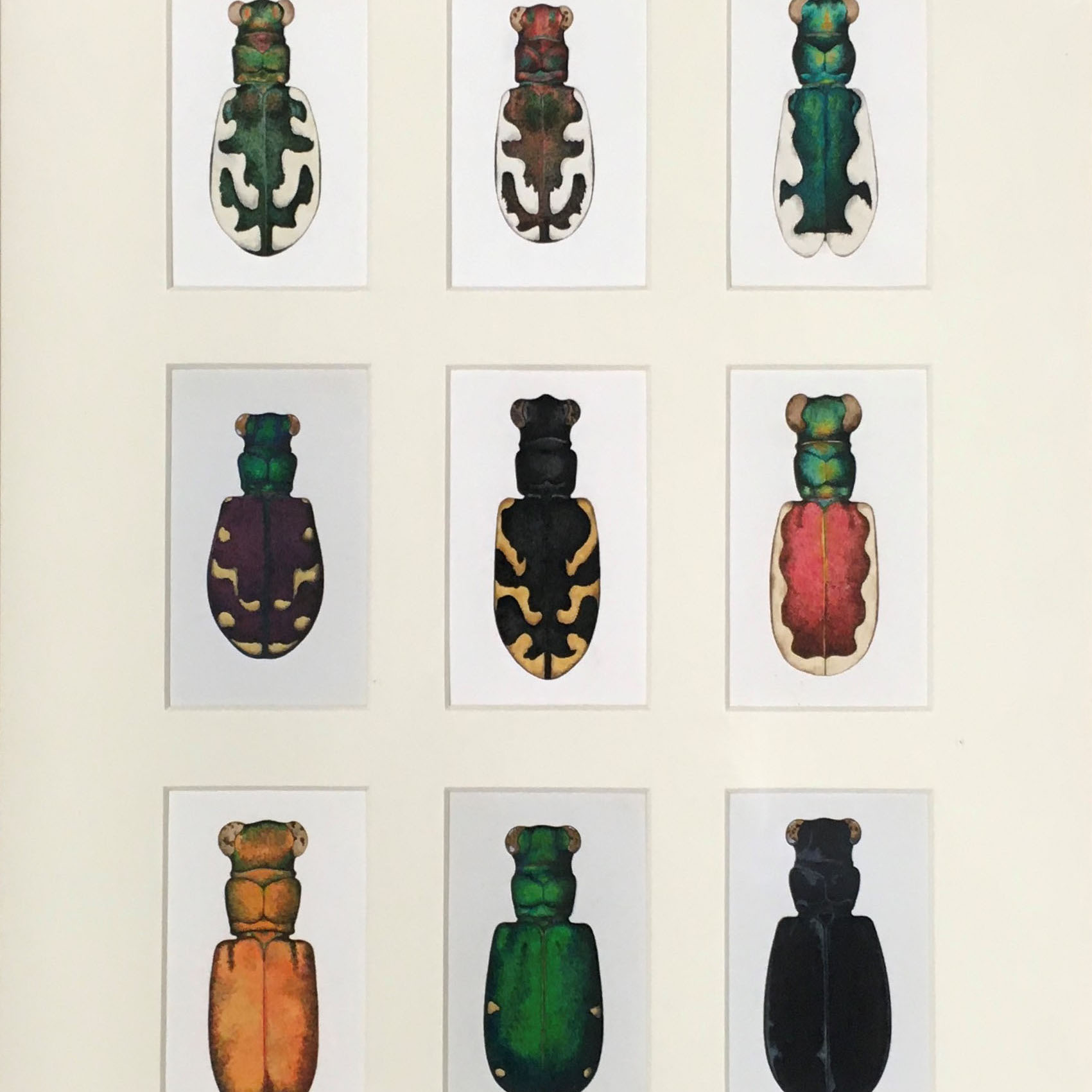
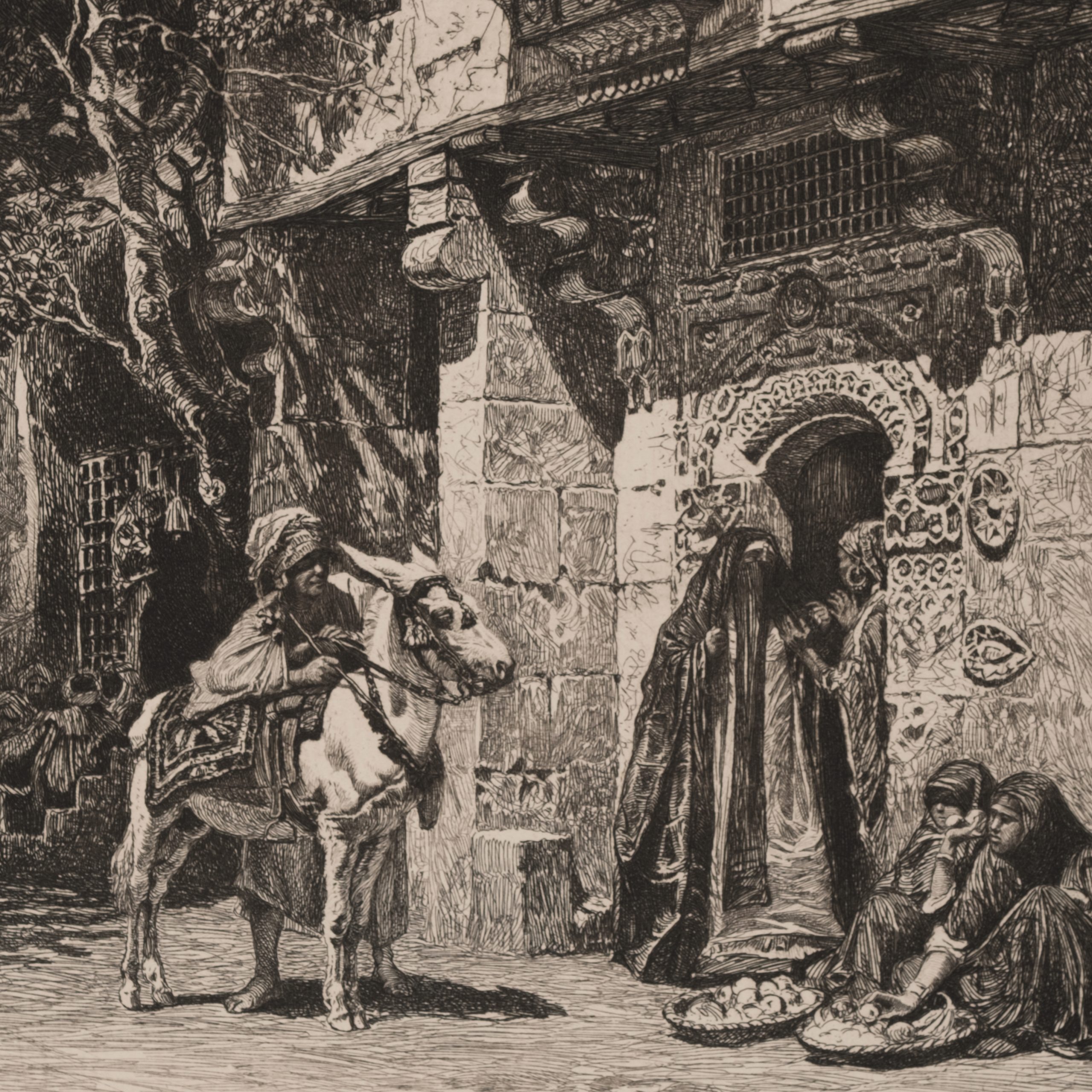
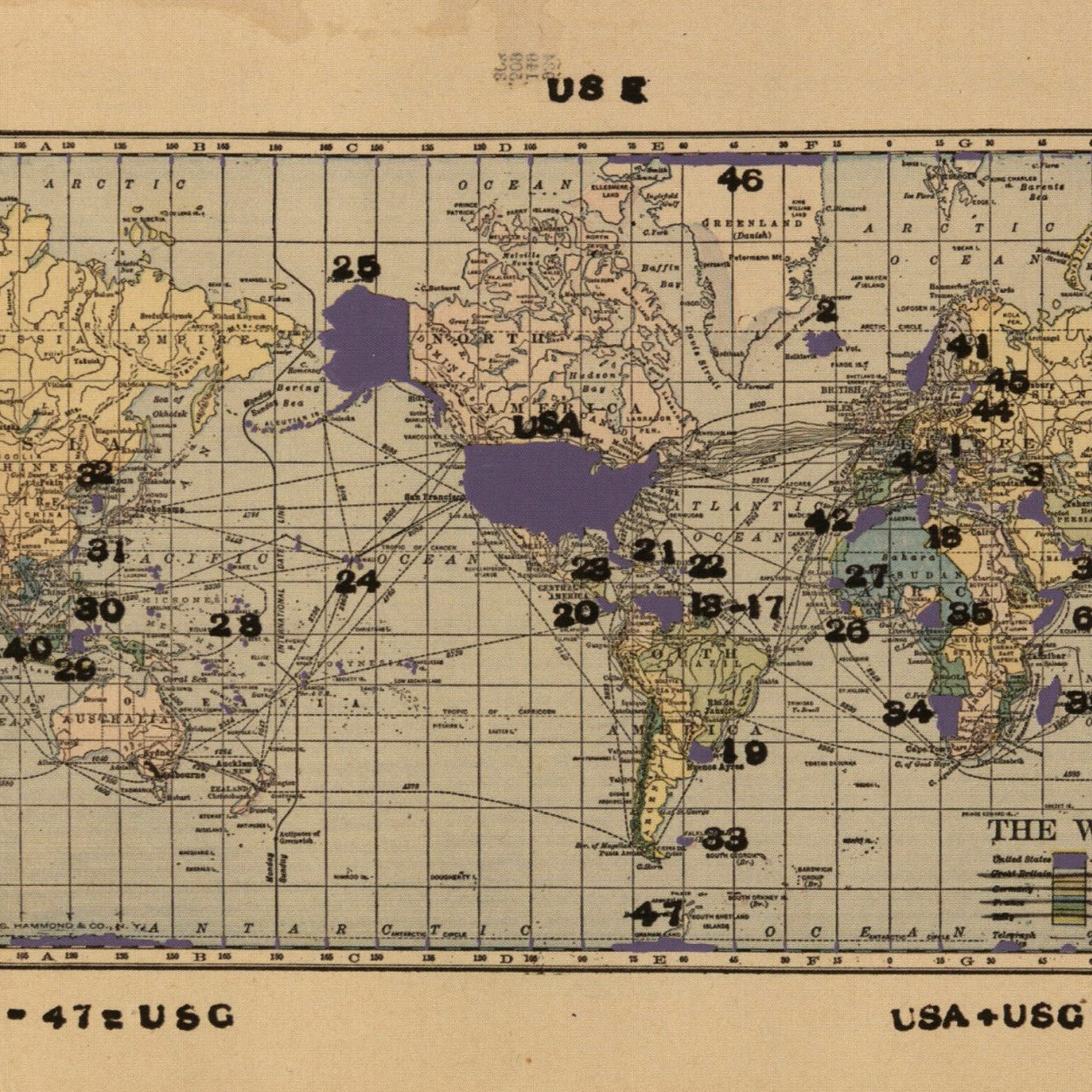
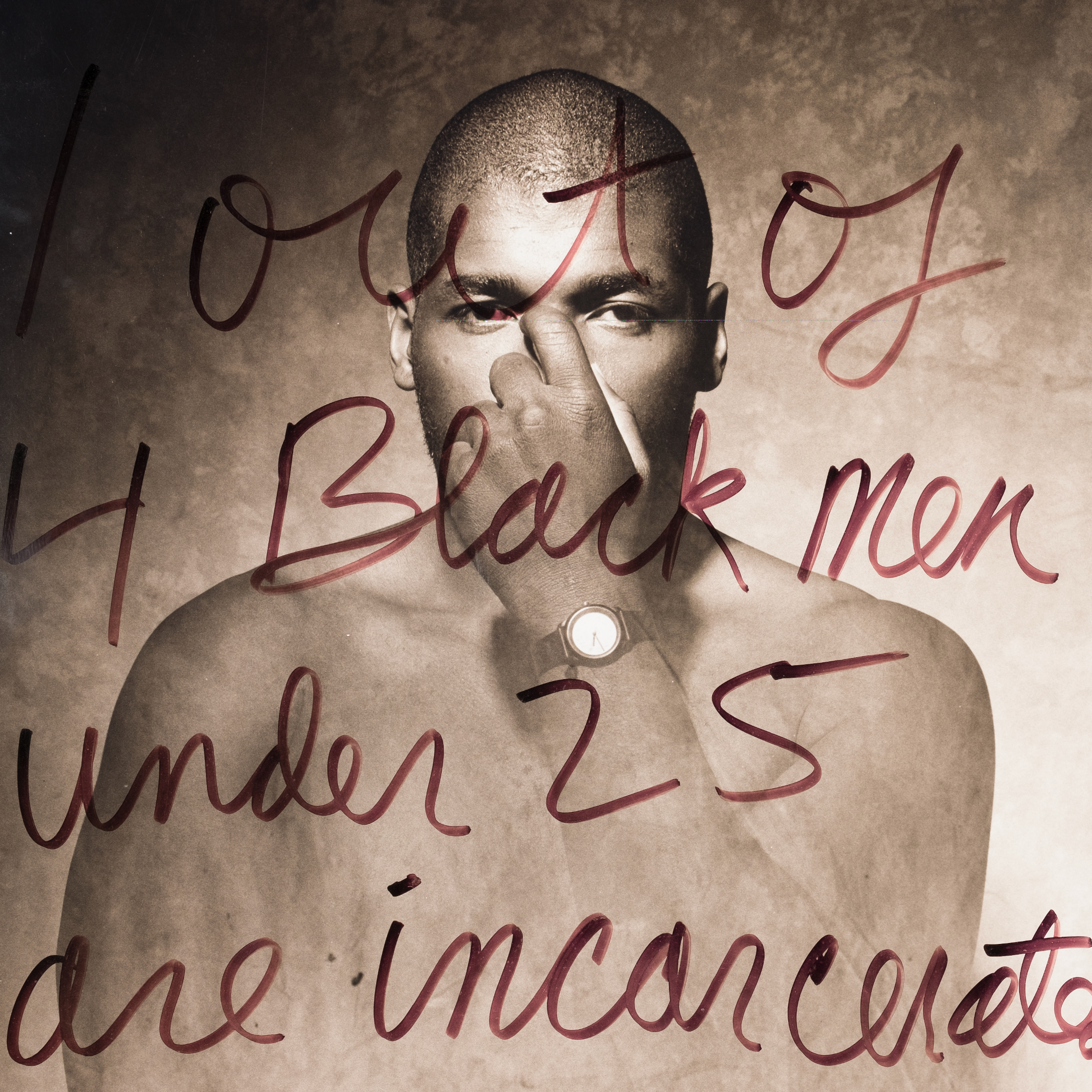

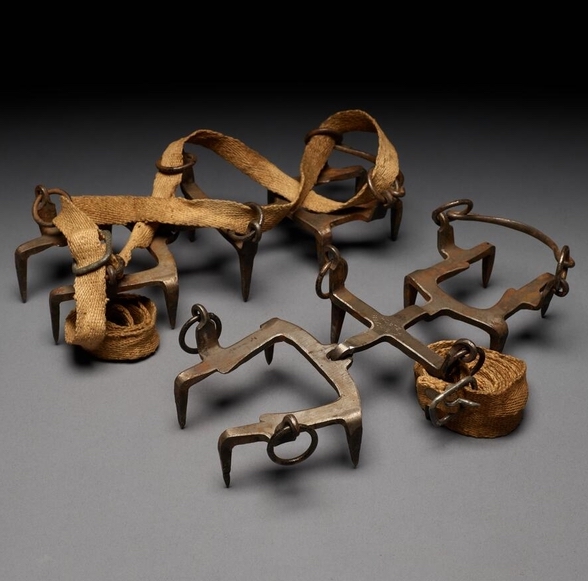

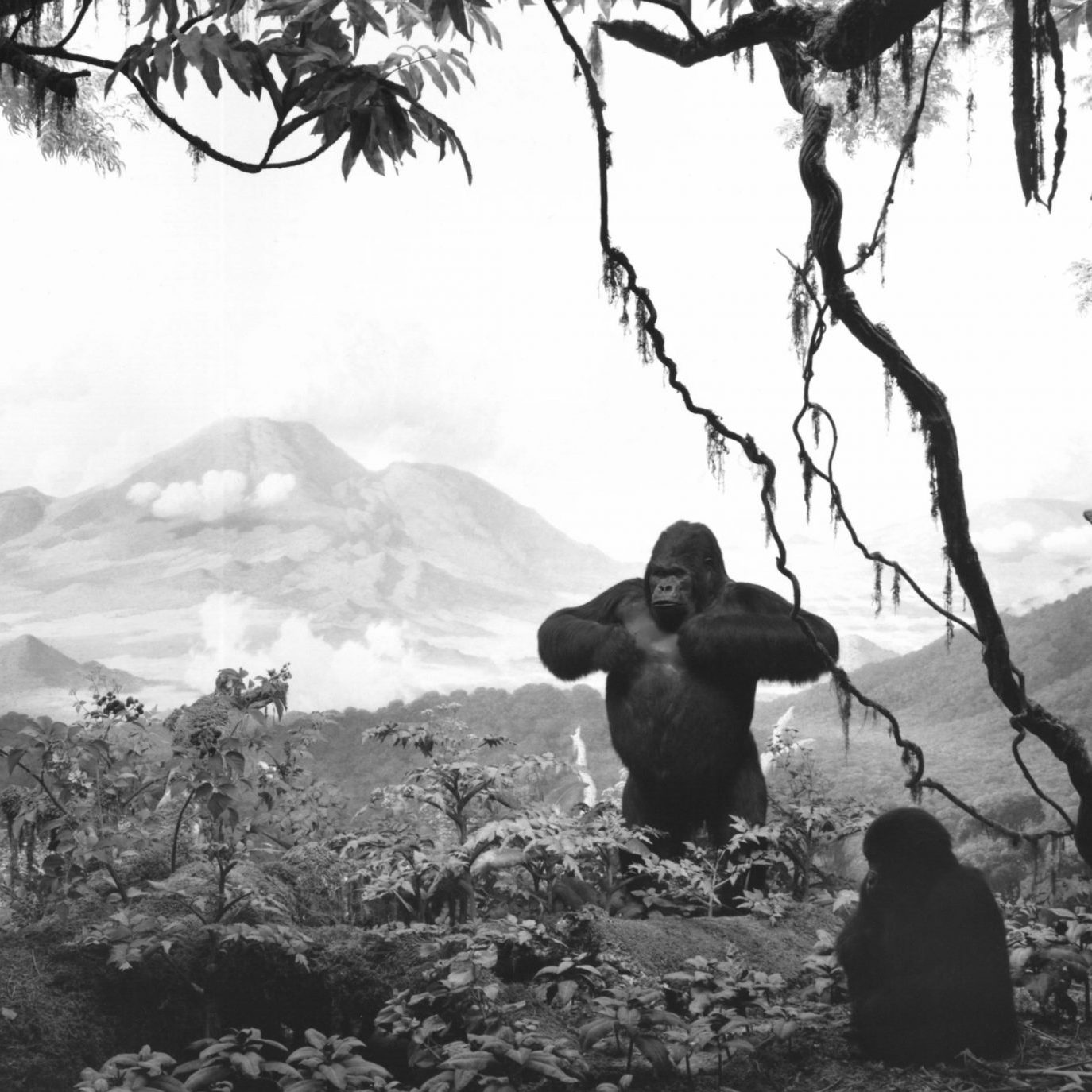
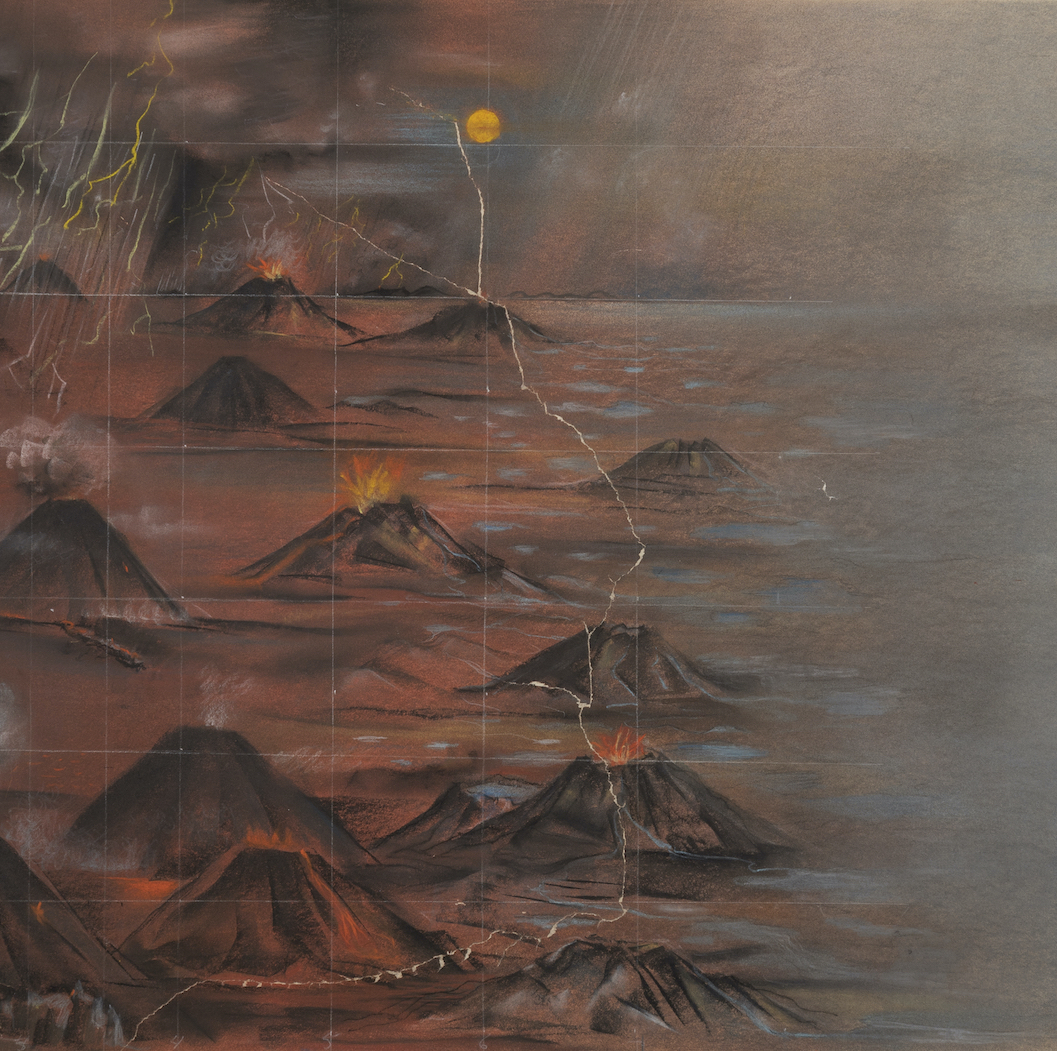
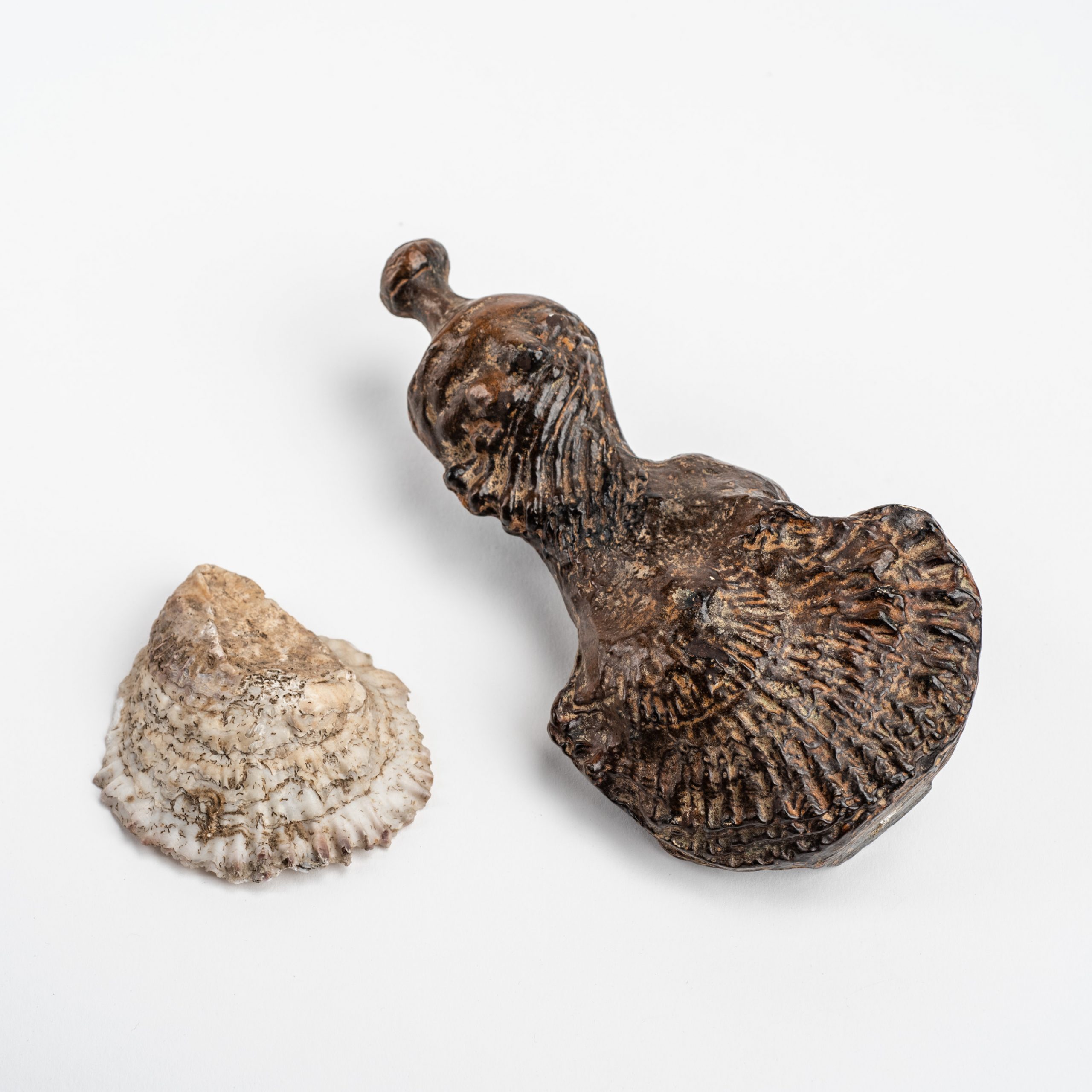
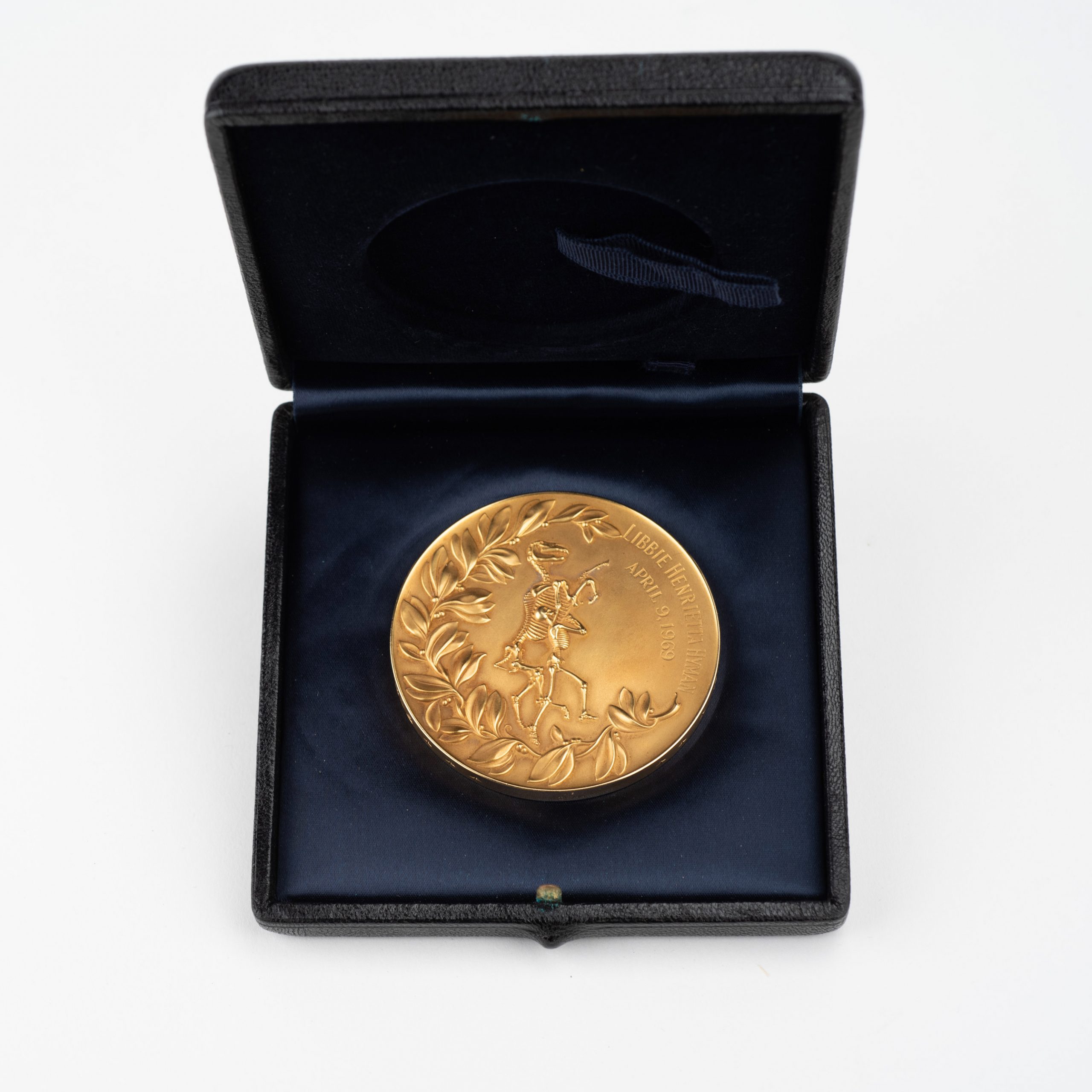
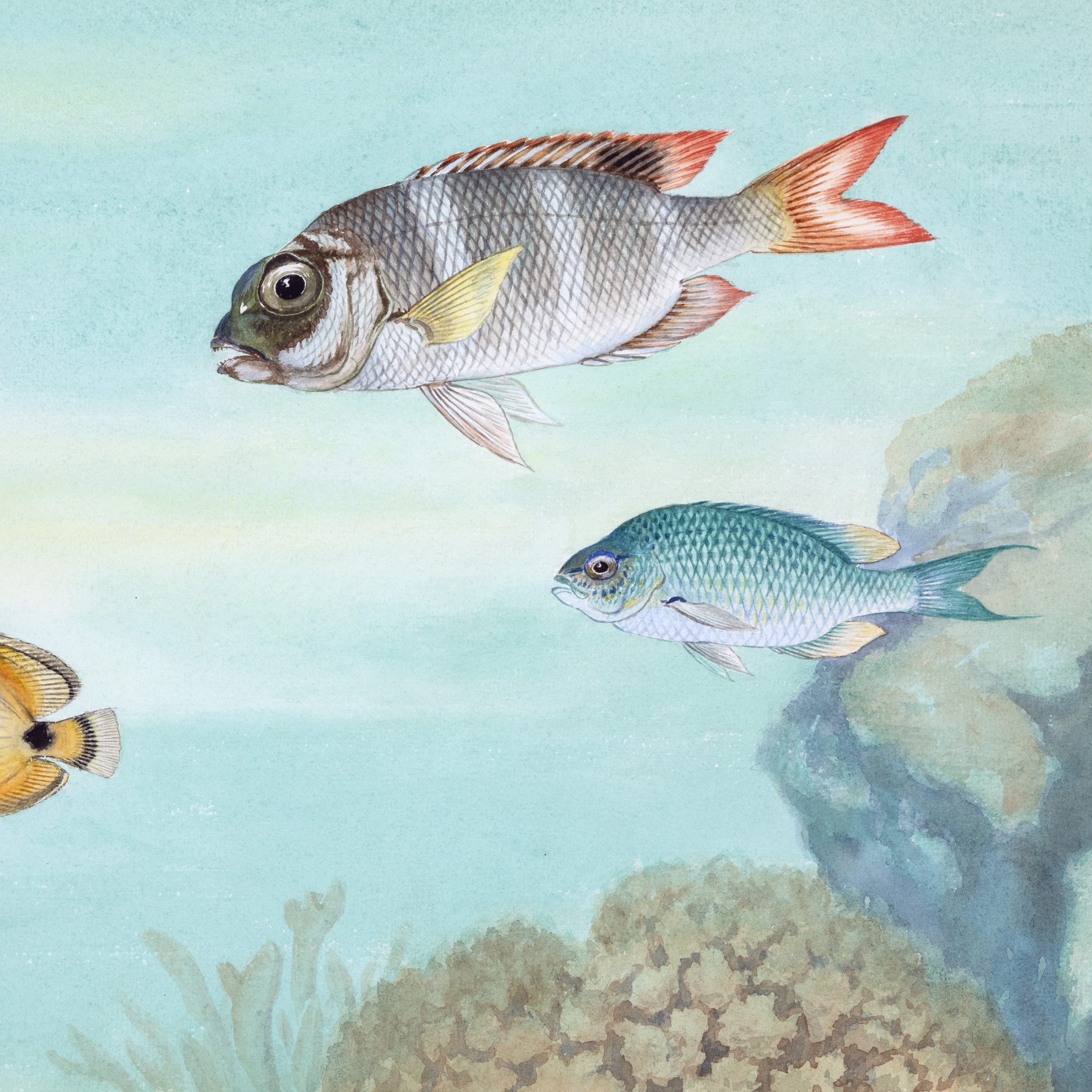
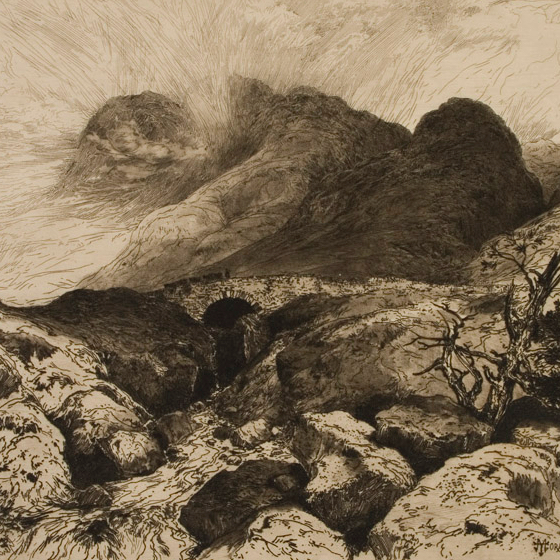
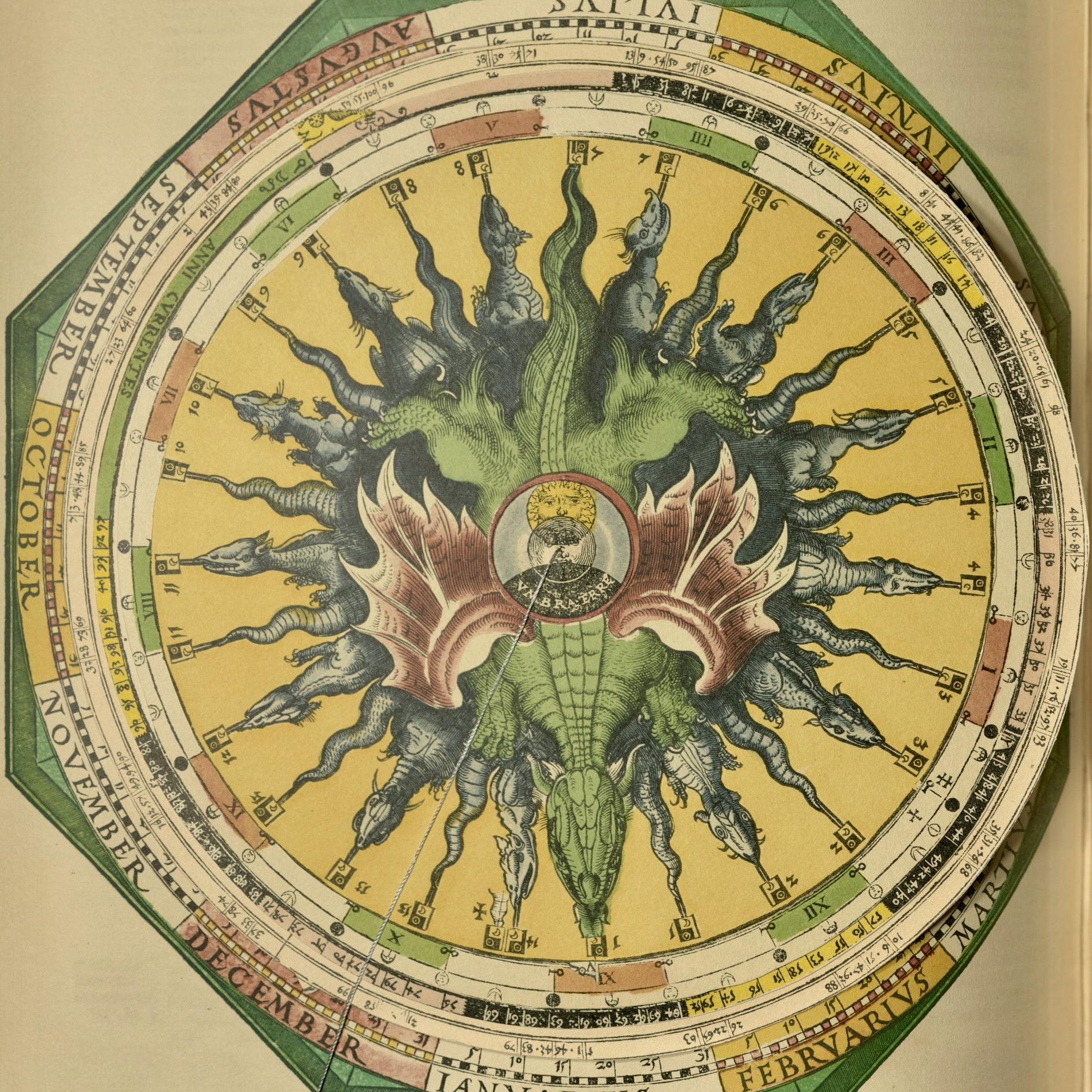
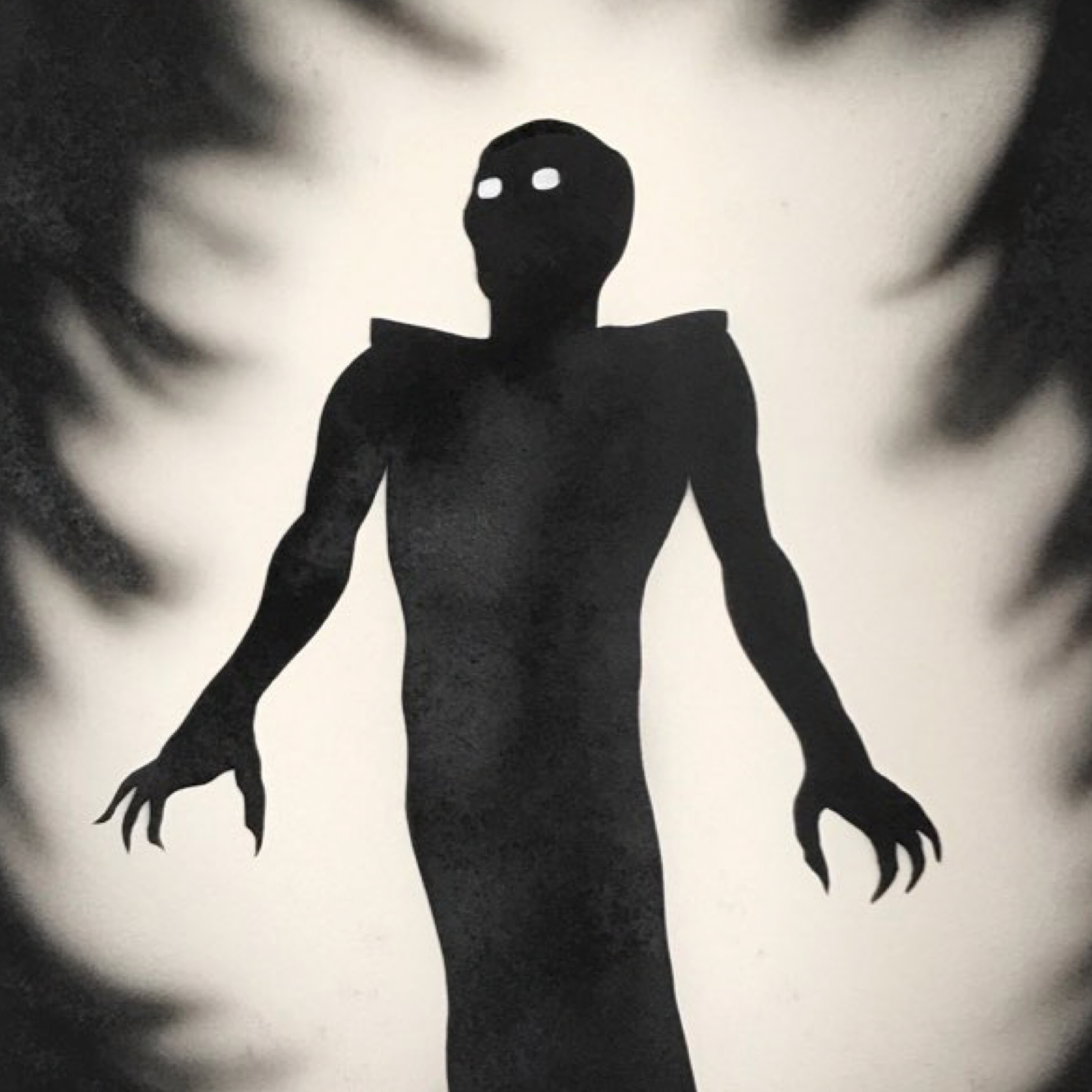
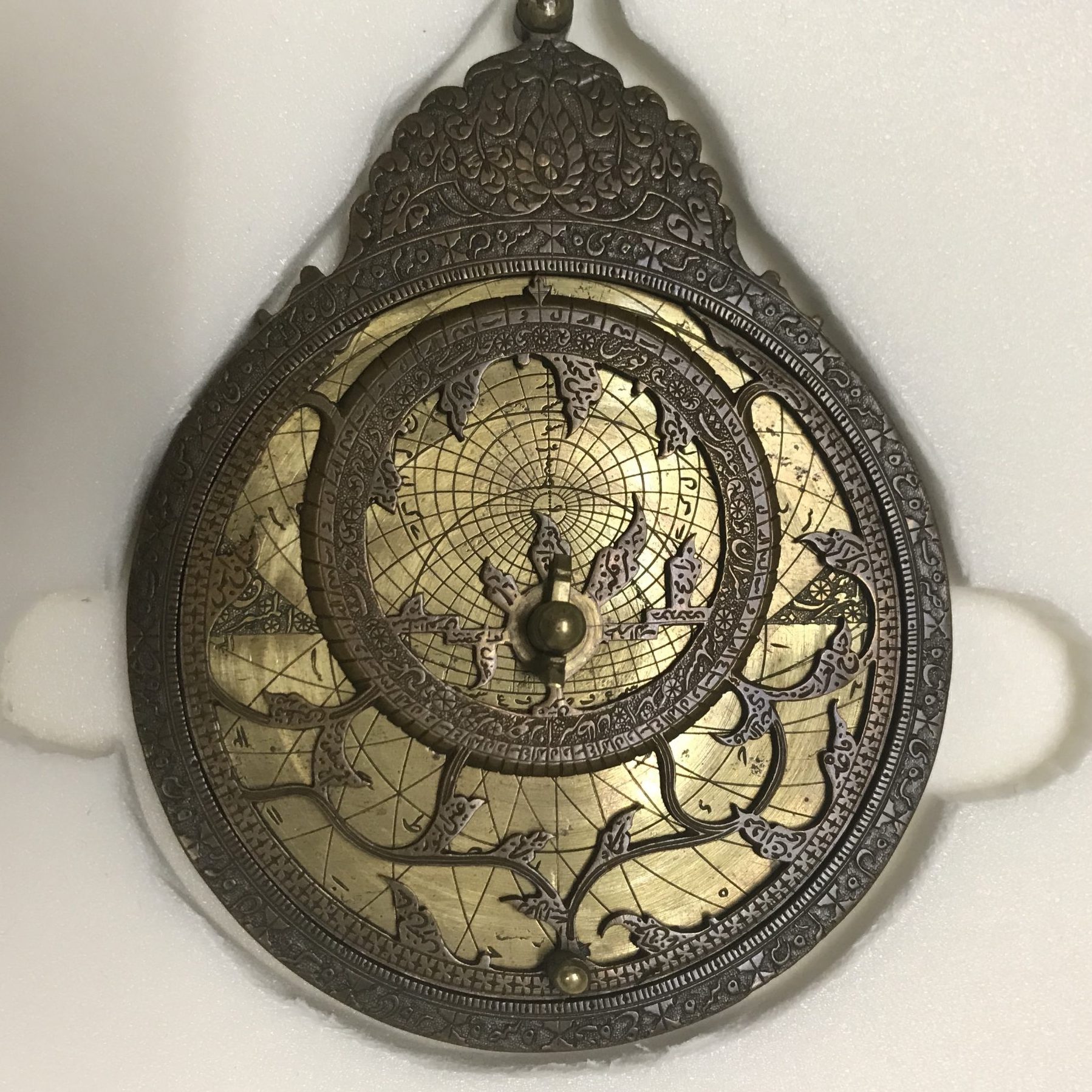
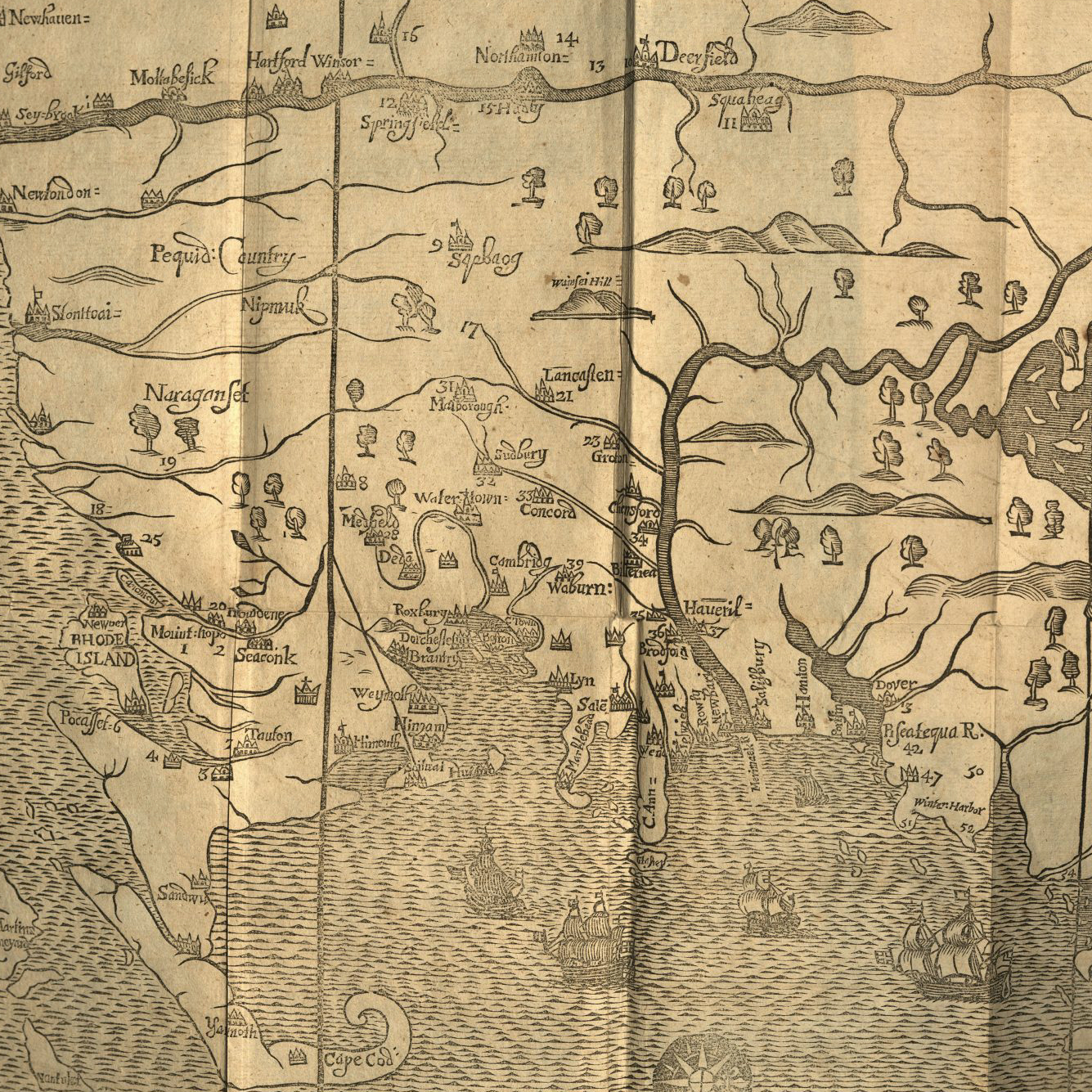
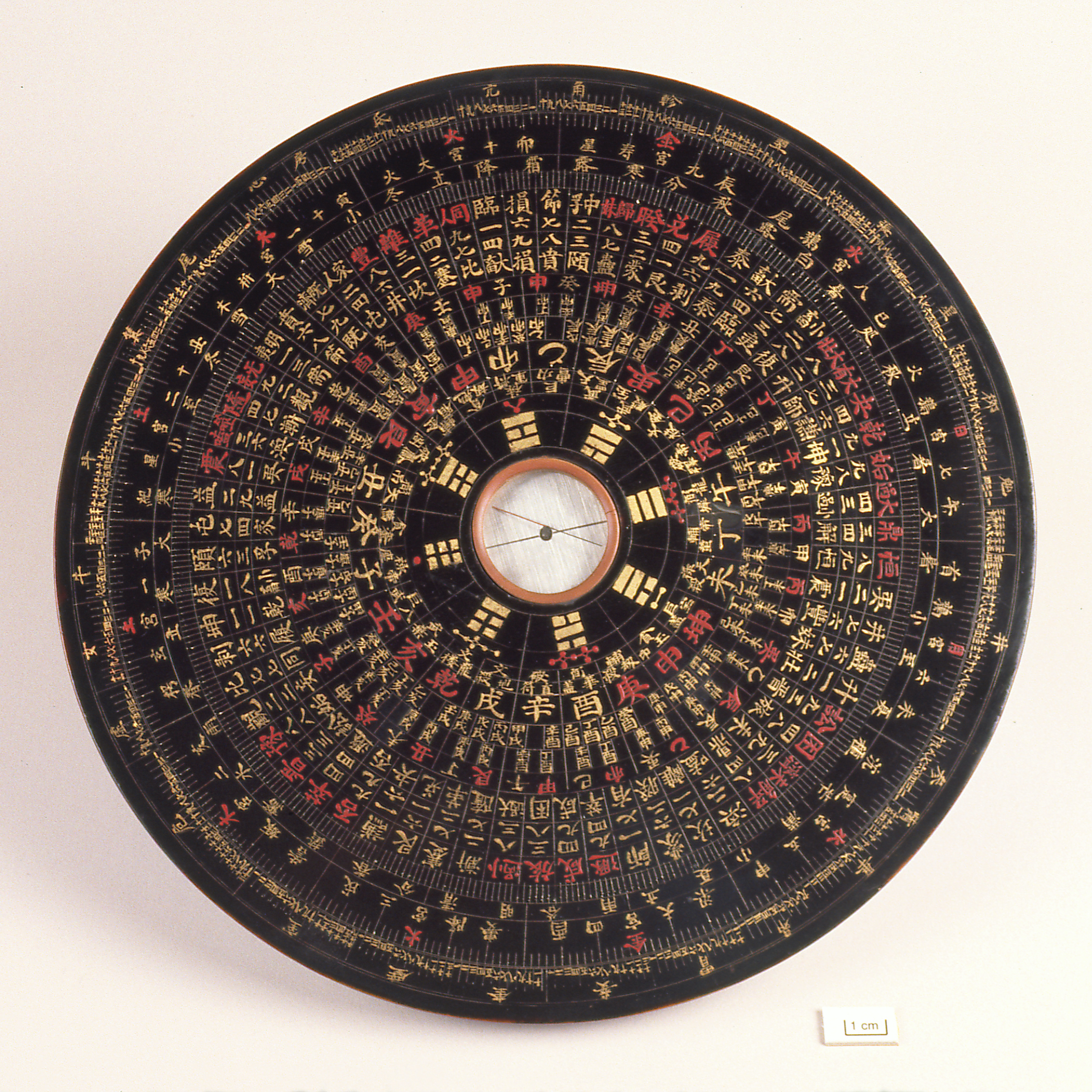
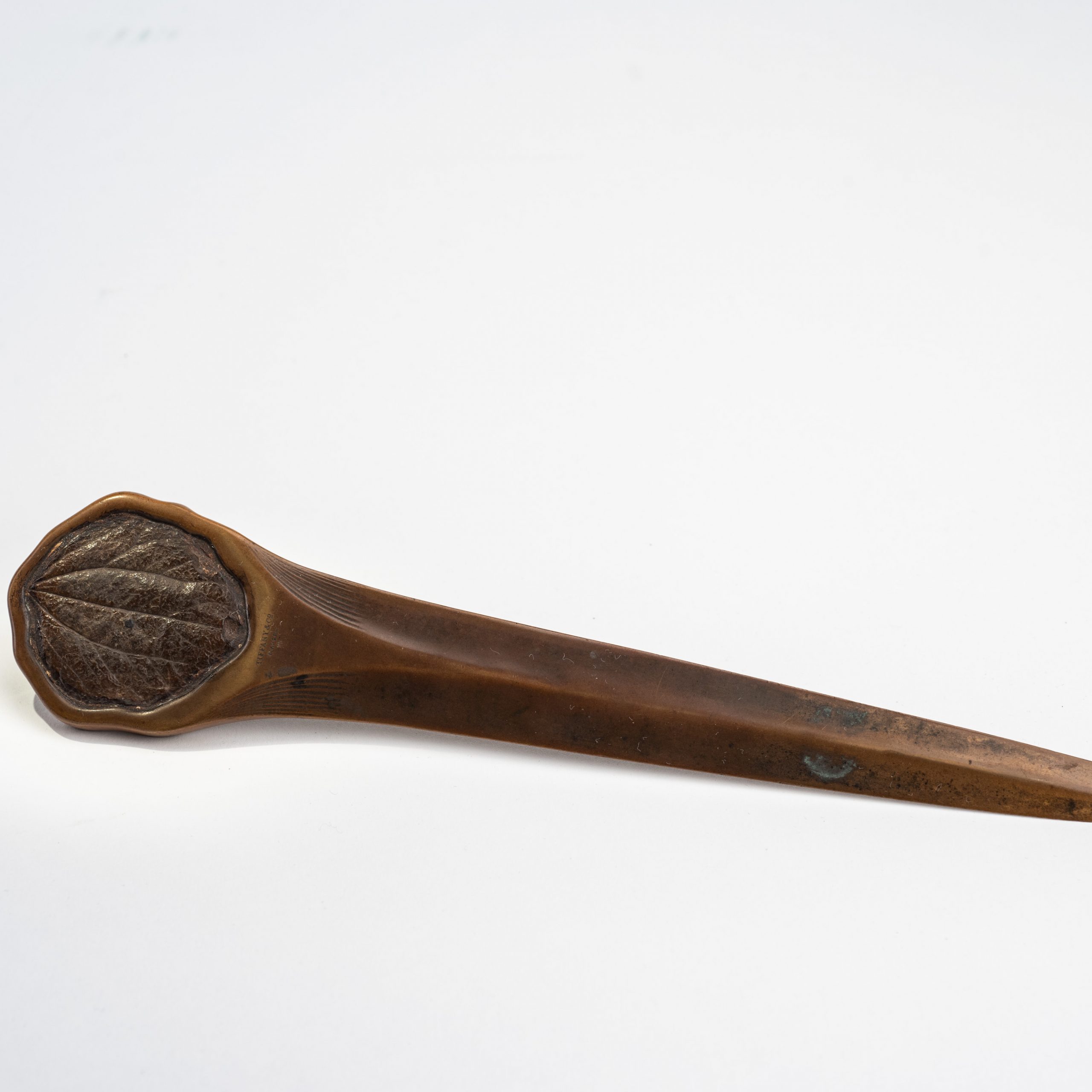
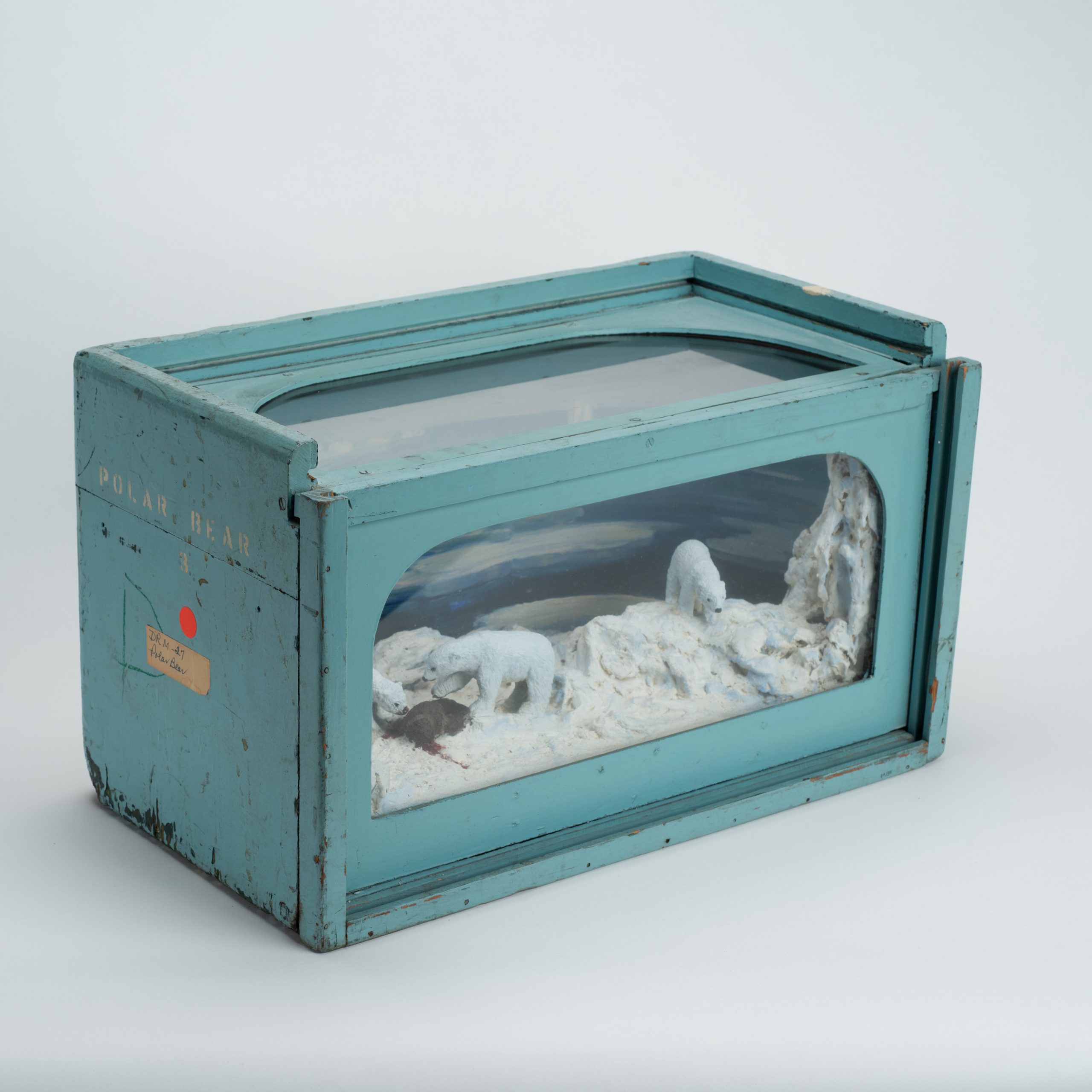
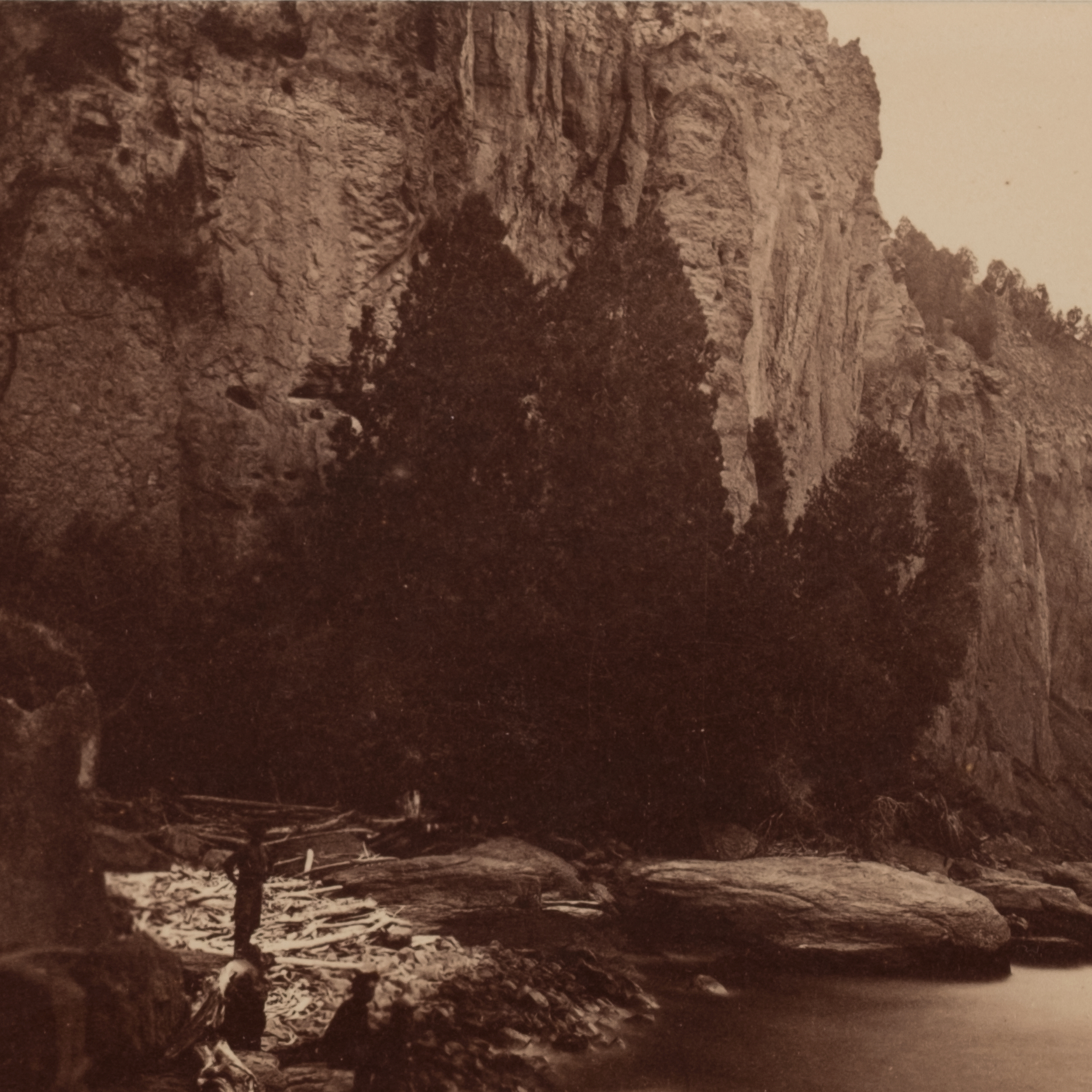
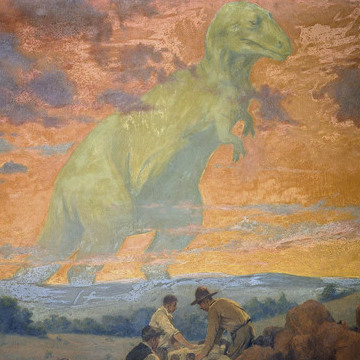
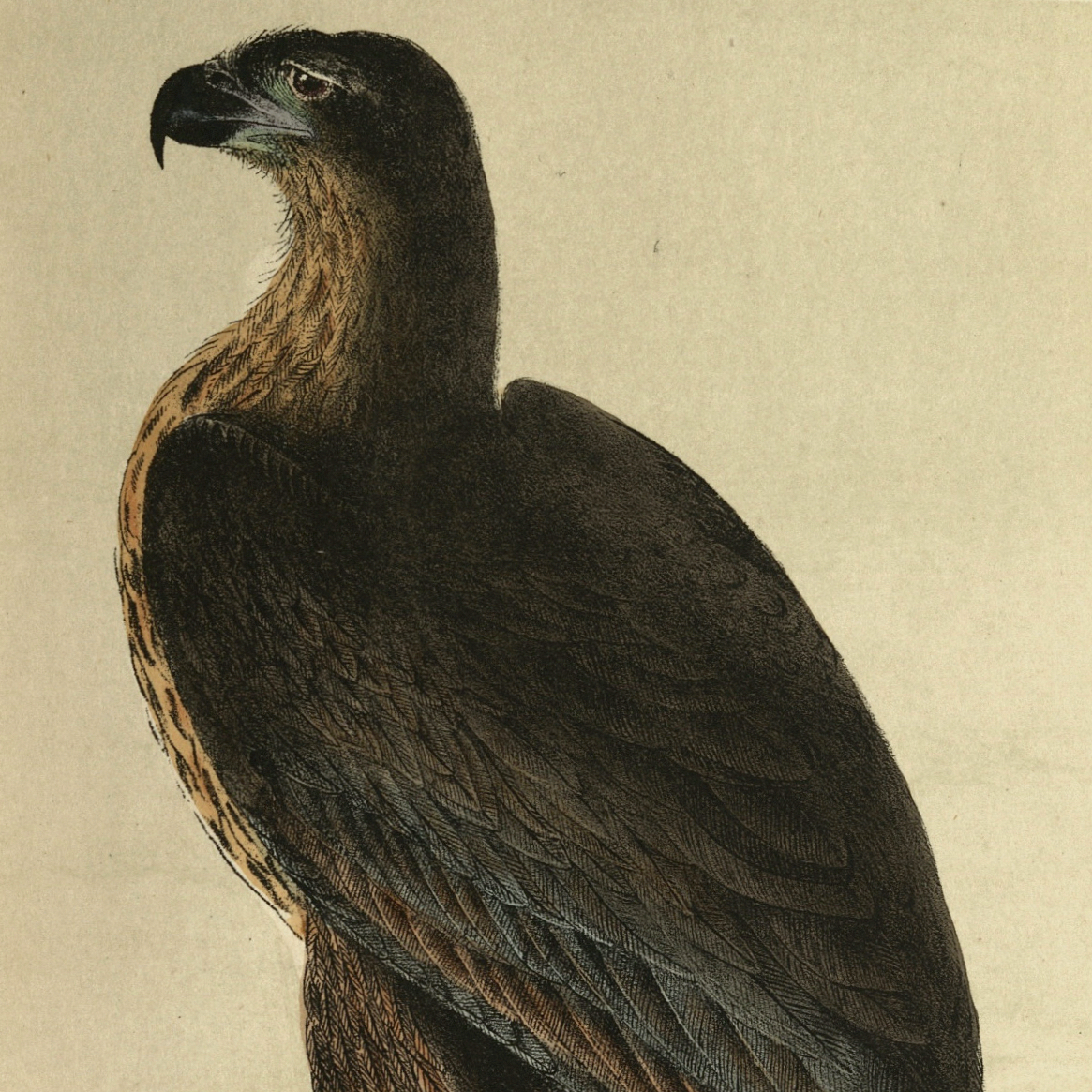
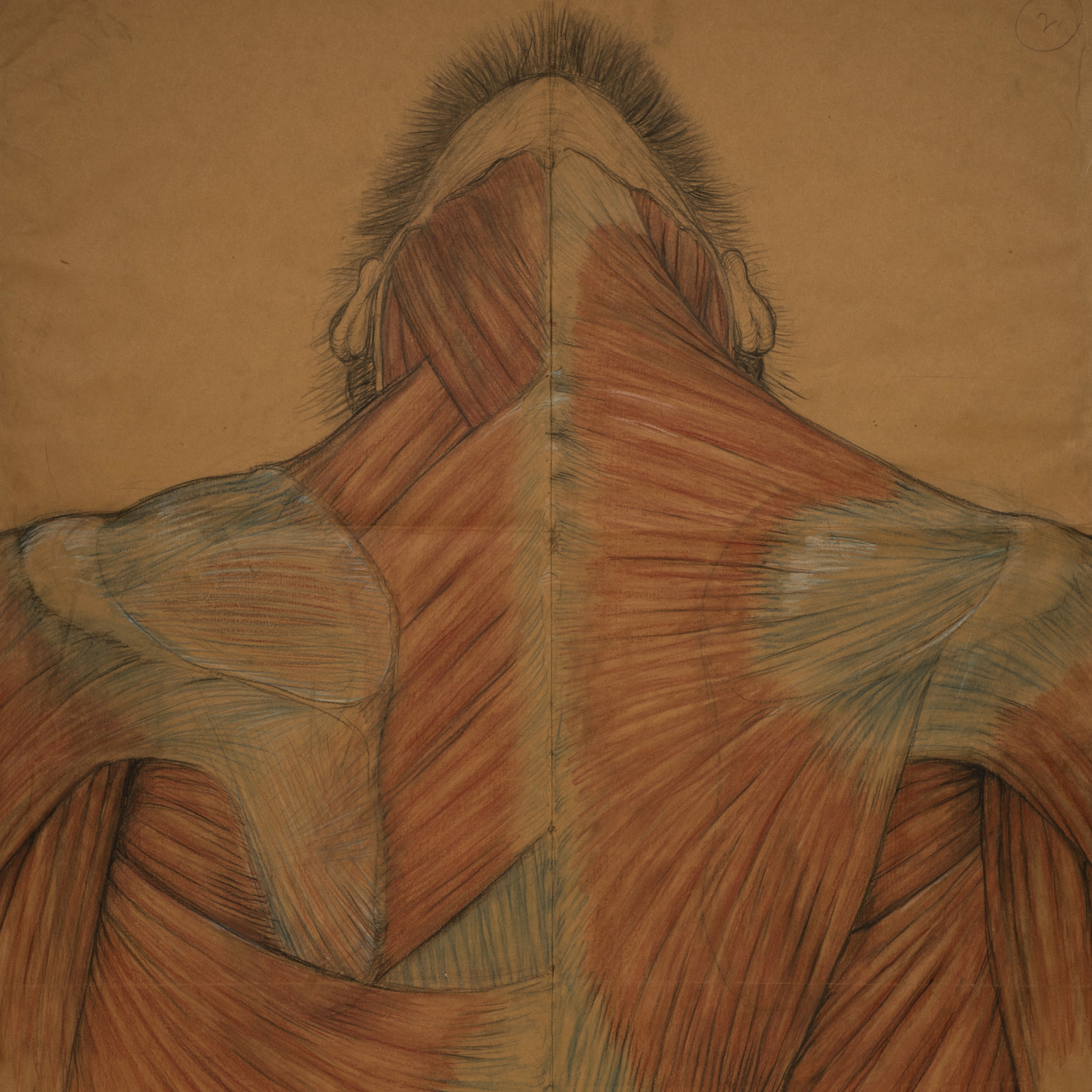
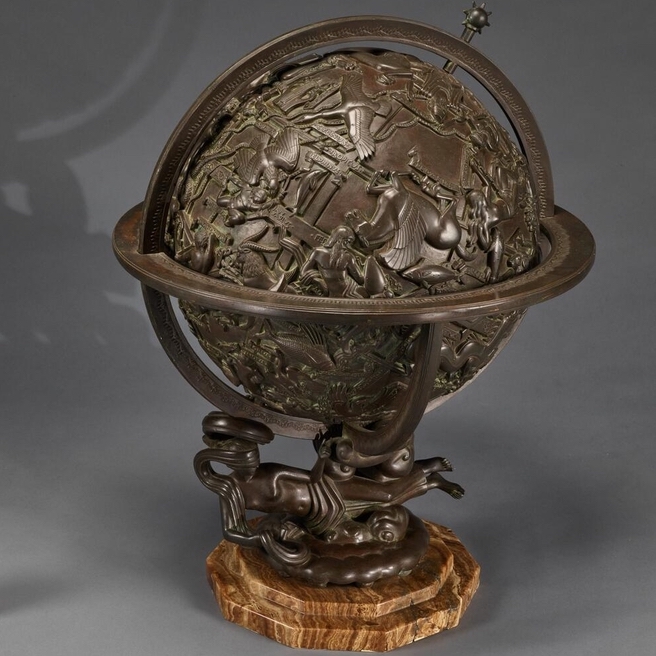
![Howard Russell Butler's [Hydrogen prominences]](https://futureoftruth.media.uconn.edu/wp-content/uploads/sites/2921/2023/01/k6584-square.jpg)

